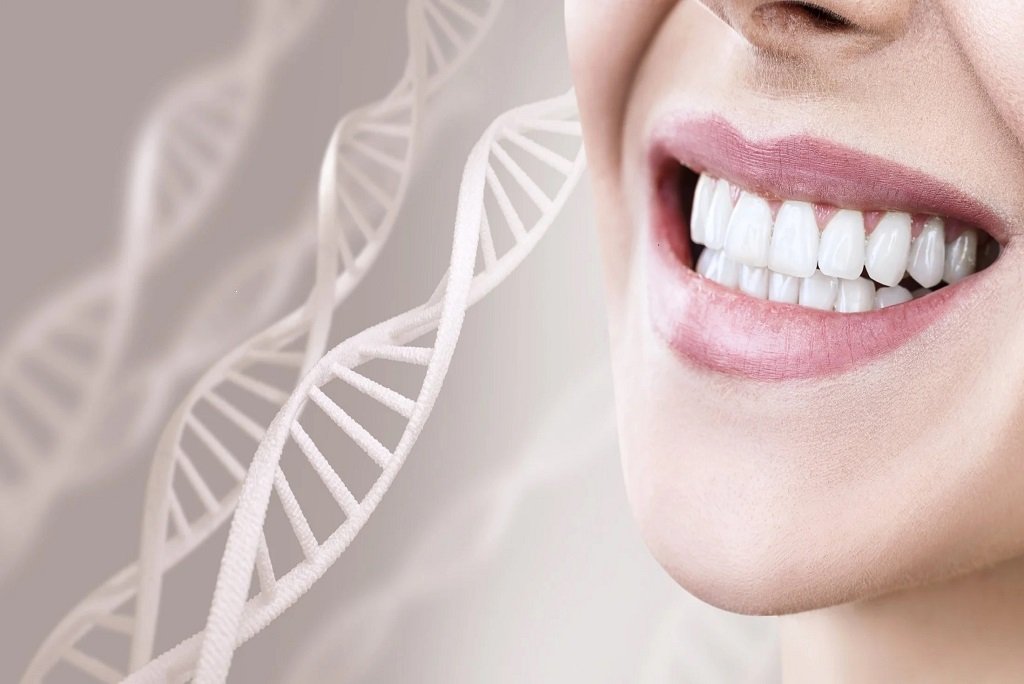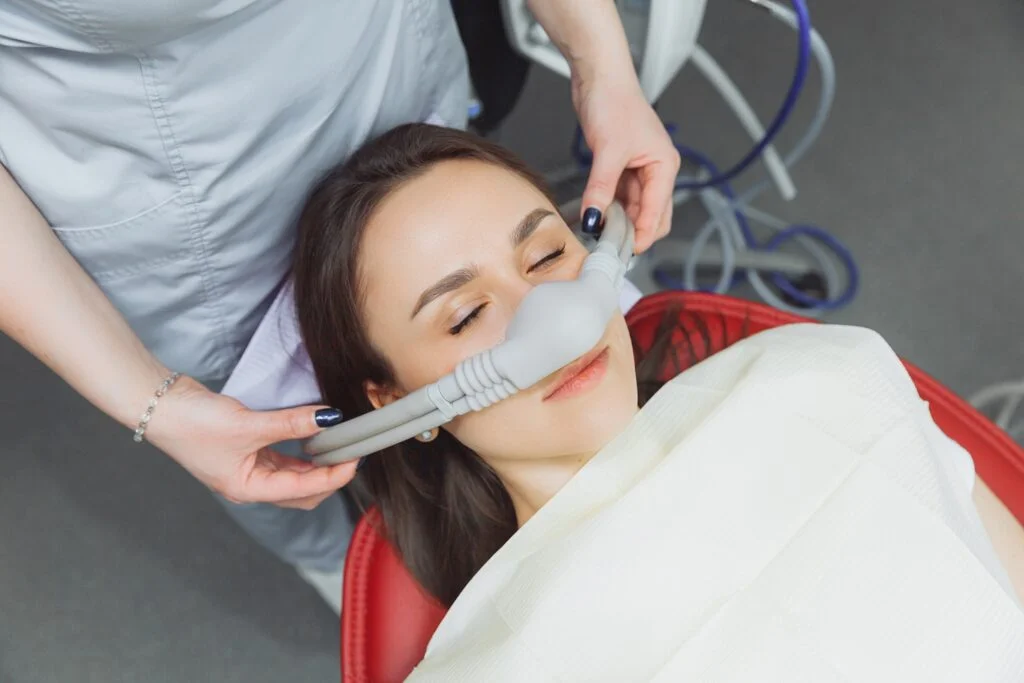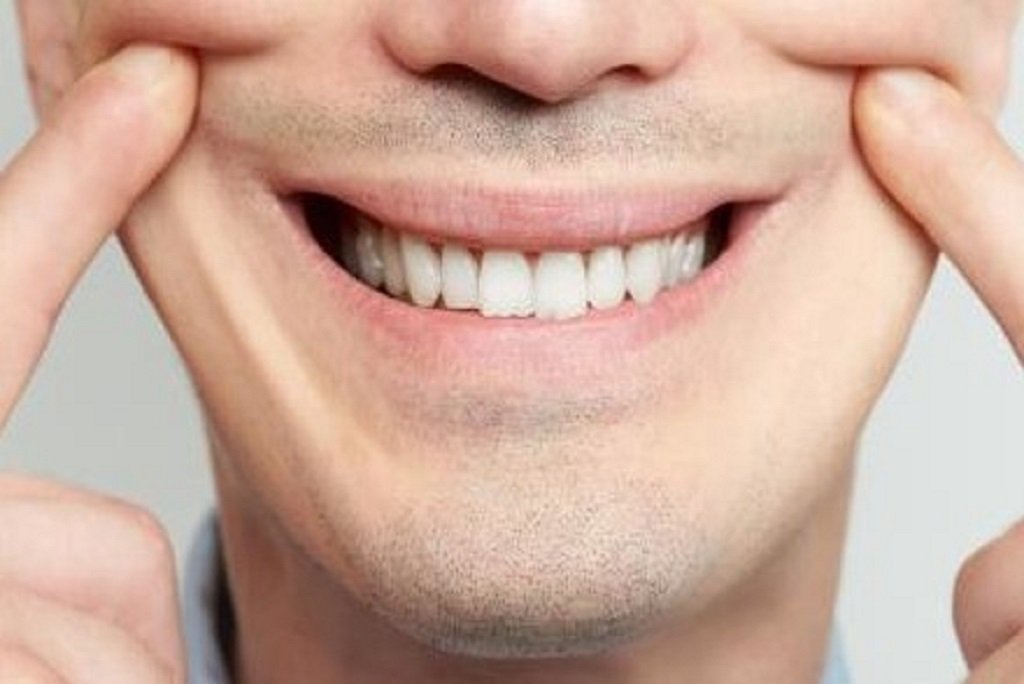Oral health care and the COVID-19 crisis
The coronavirus pandemic has certainly caused a major upheaval in our daily lives. While most of us are readjusting our routines to tackle this crisis, certain aspects of our lives like oral health care may have taken a back seat. Although staying safe may be your primary concern during these trying times, taking care of your oral health is equally important. Reinforcing your oral health regimen can definitely have a positive impact on your overall health and will minimize your risk of dental emergencies. Here’s a few tips on how to keep your teeth healthy:
What can you do to improve your oral health?
Brushing and flossing: A good way to start would be to brush at least twice a day. In addition, flossing can aid in removing plaque and food debris from the unreachable spots in the teeth.
Nutrition: Ensure that you consume a well-balanced diet; limit sugary treats like candies, cakes and cookies. Try to avoid frequent snacking. Limit the intake of sugary beverages like soda and fruit juices. Drink plenty of water with meals and between meals.
Avoid smoking as it impedes the blood flow and promotes bacterial growth.
Oral health care for kids and elderly
Kids: In case of infants, you must wipe their gums down with a piece of cloth morning and night. Brushing before night is of utmost importance. For older kids, make sure they are brushing their teeth with a fluoridated toothpaste.You can have them brush on their own, but do check if they have cleaned all the tough spots
Elderly: Many older adults take medications that cause dry mouth, which puts them at an increased risk of getting cavities. Drinking frequent sips of water and taking lozenges for dry mouth can help. Those who wear removable dentures should remember to remove them before bedtime. They must also clean their appliance daily to prevent the risk of any fungal infection.
What constitutes a dental emergency?
While many practitioners are opening up their dental practices, many are providing only emergency services to minimize the risk of transmission. Here’s a list of conditions that require urgent heed:
Acute pain caused by nerve damage in the tooth
Uncontrolled bleeding
Bacterial infection that causes pus and swelling
Any infection that causes airway obstruction
Broken jaw post trauma/accident
Any other abnormal signs
Most dentists have been providing tele-consultation services to address their patients’ woes. You can always consult your dentist over the phone to get the severity of your condition assessed. If the situation requires urgent care, they may ask you to pay a visit to the office.
Can dental treatments be postponed?
Many of us may not be comfortable with the idea of visiting a dentist during the pandemic, especially with the rising number of cases. Even though most of the dental problems require an intervention by a clinician for complete resolution, many treatments can be postponed to a certain extent without any significant harm. However, you must keep in mind that the need for urgent care would be best determined by your dentist, hence it is advisable to give them a call to avoid any emergency in the future.












